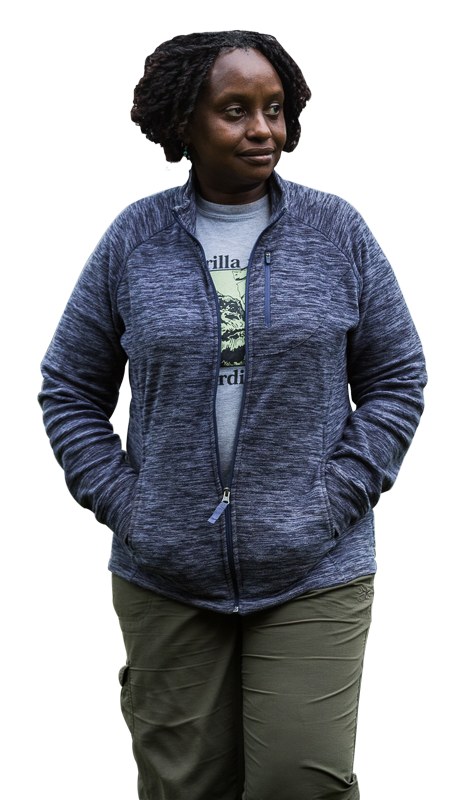
Jamila Afghani
Profile
Jamila Afghani is the founder and program director of the Noor Educational and Capacity Development Organization (NECDO) in Kabul, Afghanistan. NECDO is a women’s NGO serving women, youth, and children and is dedicated to educational activities, including establishing libraries. Ms. Afghani’s enormously courageous efforts — rooted in knowledge, persistence and vision — aim to educate imams in Afghanistan about women’s rights in Islam as well as on peace, reconciliation and dispute resolution, with the goal of furthering positive social change.
Jamila Afghani was completing her master’s degree when she learned that 26 women and children died in a nearby refugee camp in one day. By tapping into her local network, Afghani collected food and clothes and delivered them to the neediest in her community. The success of this effort spurred her to start NECDO. Afghani soon realized that for their educational efforts to succeed, she needed the support of the men in the community. Specifically, the organization needed to engage religious leaders, imams, to help them buy into the goals of the program and understand the plight of uneducated women. The work with imams proved to be a turning point. They started with 20 imams and ultimately, the efforts grew to educating thousands throughout the country. Learn more

